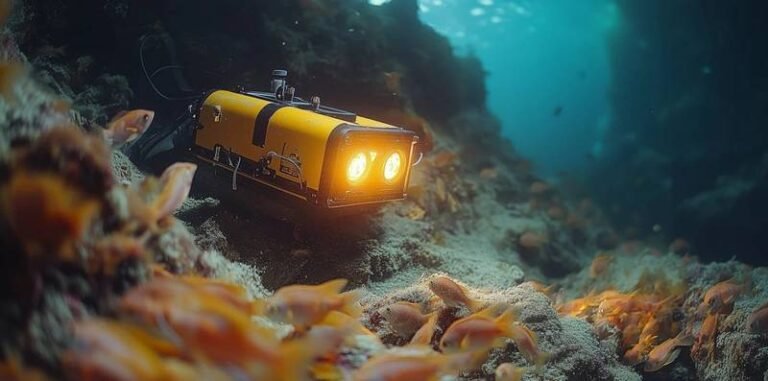The Rise of Artificial Intelligence in Ocean Science and Maritime Engineering
Over the past two decades, the integration of Artificial Intelligence (AI) into ocean science and maritime engineering has seen exponential growth. A recent study published in Ocean Engineering highlights the increasing use of AI techniques in various applications within the maritime industry.
Since 2018, the number of studies leveraging AI in this field has been doubling annually, reaching a total of 1,329 studies in 2022. This surge in AI adoption aligns with advancements in autonomous vessel navigation, route optimization, and wave climate analysis.
Categories of Artificial Intelligence
AI technologies can be broadly categorized into three main groups:
- Artificial Narrow Intelligence (ANI): These systems are designed to perform specific tasks efficiently.
- Artificial General Intelligence (AGI): Technologies that aim to replicate human cognitive abilities.
- Artificial Super Intelligence (ASI): Systems that surpass human performance levels.
The evolution of AI towards AGI capabilities holds promise for the maritime sector, offering intelligent agents that can support high-level strategic decision-making, provide context-aware insights, and ensure ethical standards and safety protocols in autonomous marine operations.
Key AI Techniques in Ocean and Maritime Engineering
Within the realm of AI, several techniques are commonly used in ocean and maritime engineering:
- Optimization Algorithms: These algorithms enhance process efficiency and minimize errors. Common examples include Genetic Algorithm, Genetic Programming, Particle Swarm Optimization, and Ant Colony Optimization.
- Fuzzy Logic: A reasoning method that handles uncertain information by allowing variables to have values between true and false.
- Machine Learning: Classified into Supervised Learning, Unsupervised Learning, and Reinforcement Learning. Popular methodologies include Artificial Neural Networks, Support Vector Machines, and K-Means Clustering.
Supervised Learning is prevalent in ocean and maritime engineering, with applications such as route optimization and predictive maintenance. Unsupervised Learning and Reinforcement Learning are also gaining traction for their ability to tackle complex problems in dynamic environments.
The Future of AI in Maritime Engineering
As AI continues to advance in the maritime sector, the focus is shifting towards Explainable AI (XAI) and digital twins for transparent and trustworthy deployment in safety-critical systems. These technologies will play a crucial role in ensuring the reliability and effectiveness of AI solutions in maritime operations.
The study titled Advancing artificial intelligence in ocean and maritime engineering: Trends, progress, and future directions offers valuable insights into the evolving landscape of AI in the maritime industry. For more information, you can access the full publication here.

